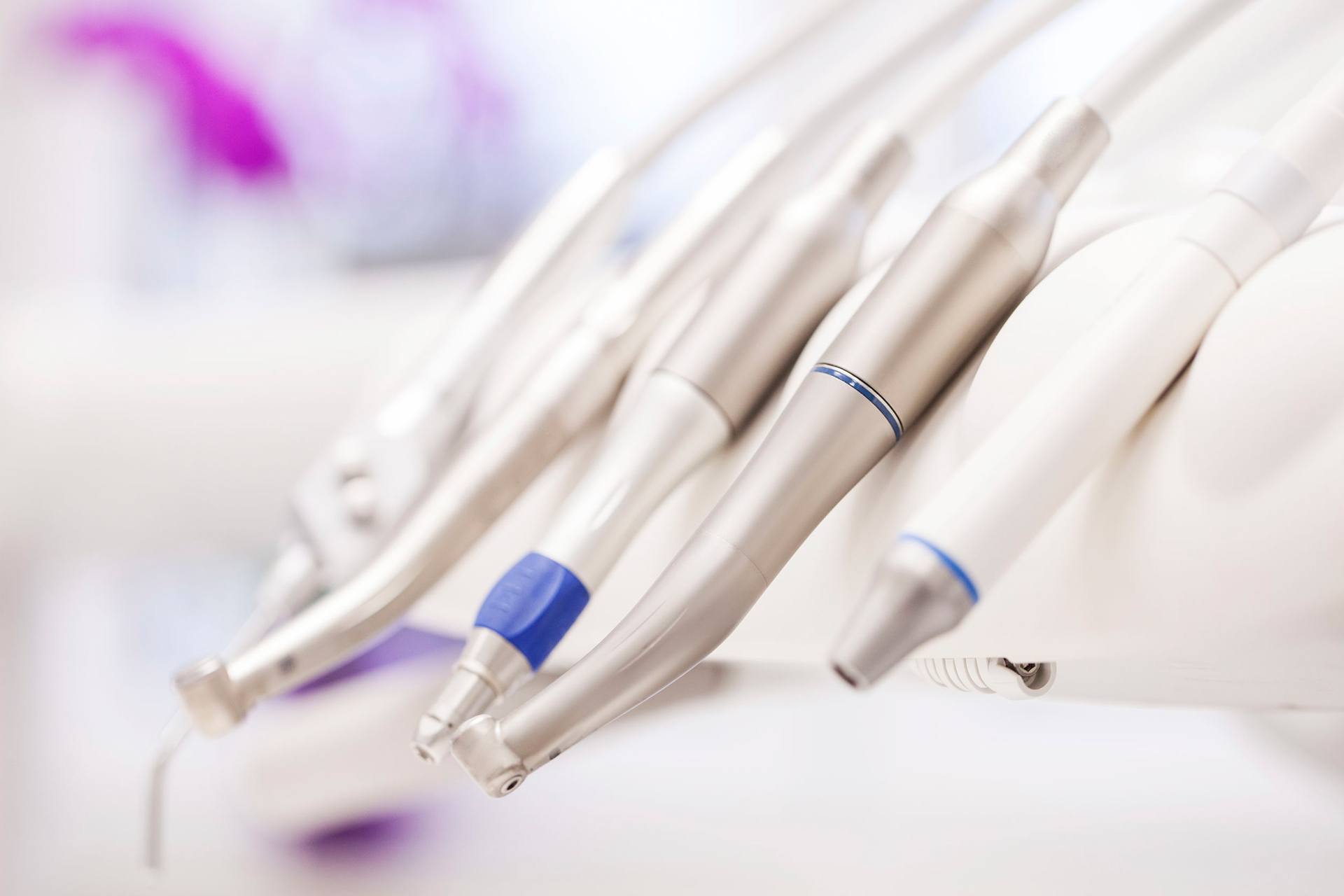Keep Your Gums Healthy and Free of Infection
Protect Your Teeth from Decay and Cavities
Periodontitis is advanced gum disease which requires special procedures to treat.


Open Days
Periodontal Therapy
Your teeth may become loose, and you may also lose some gum tissue and even bone. To counter these losses, our Toronto dentist can begin periodontal therapy to stop the progression of the disease and repair the damage as quickly and thoroughly as possible.
Safe and Minimally Invasive Treatment
Experts agree that periodontal treatment should be as safe and minimally invasive as possible. Your dentist can assess the severity of your gum disease and plan a treatment that is best for your periodontal health. Depending on how far advanced your gum disease is, you might need a simple procedure like deep cleaning, or scaling and root planing, or medications that eliminate infections. If the disease is progressed too far for these methods, you and your dentist may choose periodontal surgery.
Deep Cleaning
After examining your gums, your dentist may suggest a deep-cleaning method known as scaling and root planing. The process may be repeated several times as your gums heal to fit more closely around your teeth. If you have advanced gum disease, your gums pull away from your teeth, creating pockets where bacteria can grow.
Scaling and Planing
The first priority is to kill any infection before it can cause you oral or general health problems. We start with two processes called scaling and root planing together to remove hard calculus deposits from your teeth, even below the gum line.
After we scale away those mineral deposits, we plane the roots to make them smooth. This keeps food, minerals and bacteria from sticking to the surfaces of your teeth. At the same time, the two-fold process removes bacteria from the pockets. For some of our patients, one scaling and planing provides a great benefit and improves the gums sufficiently. However, many people require several treatments before their gums are back to normal.
Medications
We can use certain medications as an alternative to scaling and root planing or in conjunction with these procedures. Antibiotic strips can be placed inside the periodontal pockets after a deep cleaning. Or, your doctor might give you an oral antibioticor an injection of antibiotics. Another method many dentists use it to send you home with trays for your teethand topical medication you use in the trays to eliminate bacteria and promote healing.
Good Oral Hygiene
You need your dentist to treat your gum disease, but it is you who can take care of your gums every day. Remember to keep brushing, flossing and massaging your gums daily. And, keep all your checkup appointments with your dentist so they can find any signs of gum disease you might miss. Not only will your gums be healthier, but they will look beautiful and contribute to making your smile a more attractive one.

